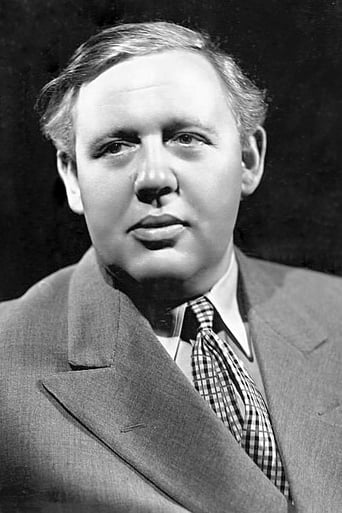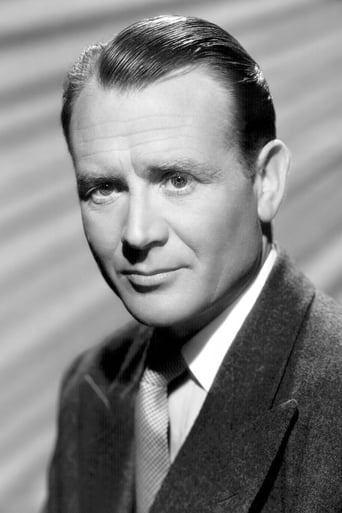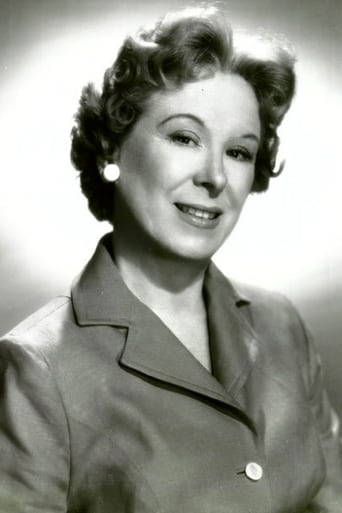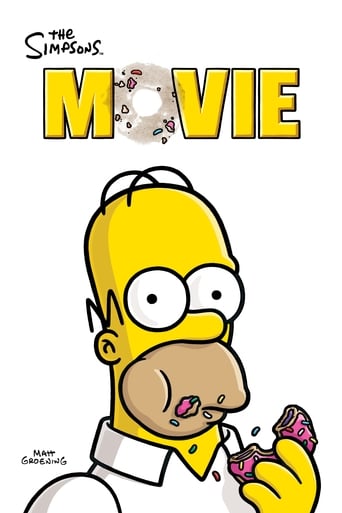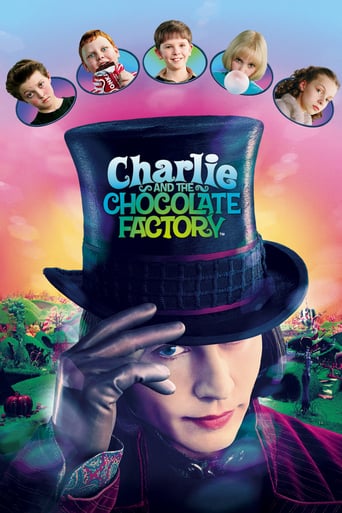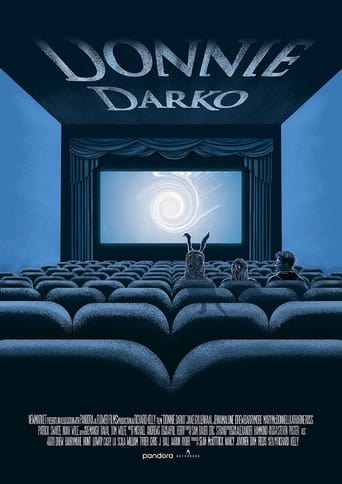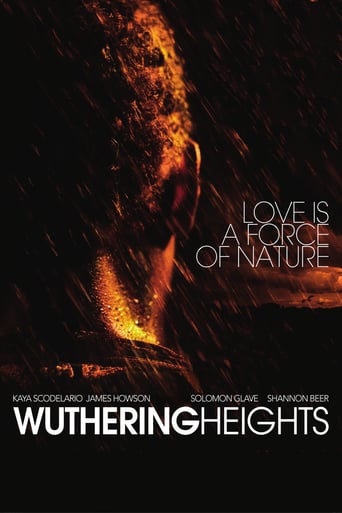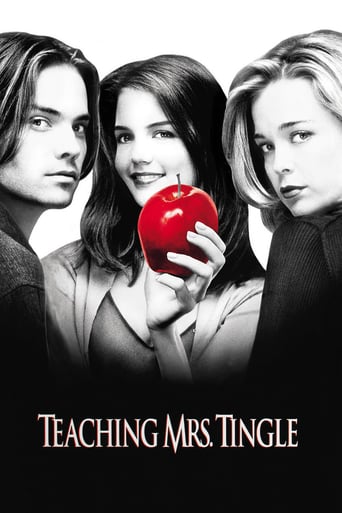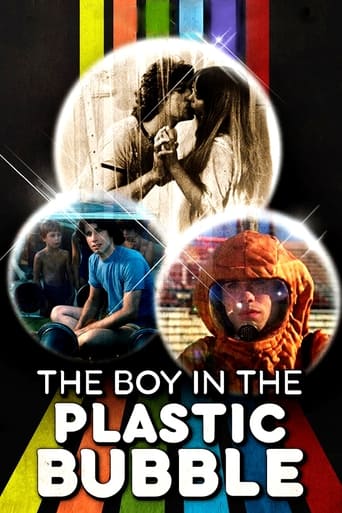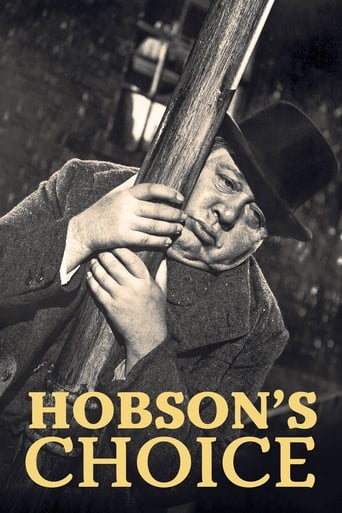
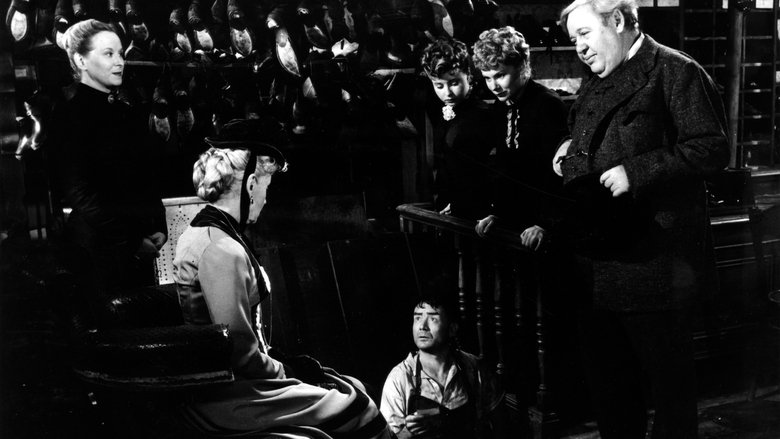
Hobson's Choice (1954)
Henry Hobson owns and tyrannically runs a successful Victorian boot maker’s shop in Salford, England. A stingy widower with a weakness for overindulging in the local Moonraker Public House, he exploits his three daughters as cheap labour. When he declares that there will be ‘no marriages’ to avoid the expense of marriage settlements at £500 each, his eldest daughter Maggie rebels.
Watch Trailer
Cast
Similar titles


Reviews
Fanciful, disturbing, and wildly original, it announces the arrival of a fresh, bold voice in American cinema.
The movie's neither hopeful in contrived ways, nor hopeless in different contrived ways. Somehow it manages to be wonderful
It is interesting even when nothing much happens, which is for most of its 3-hour running time. Read full review
An old-fashioned movie made with new-fashioned finesse.
Really, it is. It's quick, clever and cute with great acting and directing. This is what movies were before over-reliance on CGI, over-the-top action ridiculous plot necessitated by one sequel/remake/comic book movie after another.Is this the greatest movie ever? No, not even close. It is very loveable, though.
I am delighted by this movie. Every character is unique and great. It shows so many sides to human nature that there are no people on this planet which couldn't find something of themselves in any of the characters. When you see the movie and think about it, you wouldn't lough if someone would just tell you the story, but when you see it, the funny part is that there is so much of it true, where ever you may look, even in your own family. Just fantastic!
I was hoping for a little more from this film. I should clarify I was not disappointed as such in the film - it was well made and had some visual polish. It had great actors (John Mills and Charles Laughton), and in particular one truly outstanding performance from Brenda de Banzie.I think the main 'problem' I have with the film is because that the script is a little pedestrian and clichéd in places. It has a lot of 'ee by gum' references sprinkled through out the dialogue.From the 'ee by gums' you should be able to locate this film as a Northern film. Indeed it is set in Manchester in the 1880's and concerns the family of the often drunken boot shop owner Charles Laughton and his three long suffering daughters and in particular his oldest unmarried daughter played by Brenda de Banzie. They are unmarried because the father will not pay dowries to marry off his daughters. In revenge she decides to get married to the fairly dim, if likable boot maker who works in the shop. They then leave to set up their own business in spite of her father's wishes.There are great moments in this film; one I think I remember already seeing in a documentary about Lean. This is where an intoxicated Charles Laughton follows the moon reflected in puddles, splashing away childlike as he goes along in fits and starts.There are some nice visuals flourishes including vistas of open city parkland, as well as in other scenes factory chimneys punctuating brooding industrial landscapes. Overall though I did not find the cinematography quite as atmospheric as I hoped although I was probably spoiled by remembering the marvellous cinematography in Leans earlier 'Great Expectations'.This is a film that relies upon the acting therefore to make it work, and does not fail because of Brenda de Banzies performance. She plays a fantastically strong female lead. Determined, and clever wanting something better than just to be stuck in a boot shop ministering to her ungrateful father.Charles Laughton is good but not great in this film (puddle scene excepting). I think Charles Laughton does his turn as Charles Laughton, which is what he does best. This should not be seen as a criticism, but it perhaps over balances this film a little bit; whereas in the film 'witness for the prosecution' his performance is brilliantly judged.John Mills performance doesn't quite work in this film either. He appears slightly uneasy in the role. It's not a bad performance, but because it's John Mills you expect a little more.I would therefore put this film in one of David Leans lesser works. It hasn't the peerless brilliance of Great expectations, the visual splendour of Dr Zhivago or the epic grandeur of Lawrence of Arabia. It does show a film maker helping what might have been creaky cliché into something better than the sum of its parts. Yet this film, and I cannot stress this enough depends on Brenda de Banzies superb performance to make it truly worth watching.I would also note that Prunella Scales(Basil Fawlty's wife) appears in an early role as one of the daughters.
Let me start right off by saying that this may be the single greatest comedy of all time. Certainly the greatest I have ever seen. It is perfect from the first from to the last. Every scene, every line, is an absolute delight. Every character is appealing and full of great Brit eccentricism.In particular, John Mills as the evolving Willie Mossop, cobbler extraordinaire, may be the most likable character ever created in a movie. What a fine performance from one of England's greats.All right, let's get serious. British comedy has always been, to me, and many others, always funnier than our own here in the states. They are wittier and more playfully written, and the quirkiness of being British cannot be matched here. Let's face it, even the accents are just plain funnier. And this movie has it all in spades.Charles Loughton is perfect as the arrogant and haughty father and patriarch, whose daughters run rings around him.A couple of notes. First, the prolific Prunella Scales, who plays daughter Vicki, went on many years later to achieve immortality as Sybil Fawlty in Fawlty Towers with John Cleese. Second, the Victorian London accents are a little tough to follow at times, and I had to use closed-captioning to go back and read what the actors were saying at some points. Third, I found it amusing how the characters would leave out the definite article "the" in certain situations: "get back into shop!" and "going to dentist", for example. Any linguists have any comments? Finally, a little continuity error: when the wedding feast is done, John Mills removes a couple of items from a nearly empty table; moments later, when Brenda De Banzie comes by a few moments later, the table suddenly fuller, including having on it flowers that were not there before.In sum, this movie should be on every comedy and British movie lover's must-see list.
